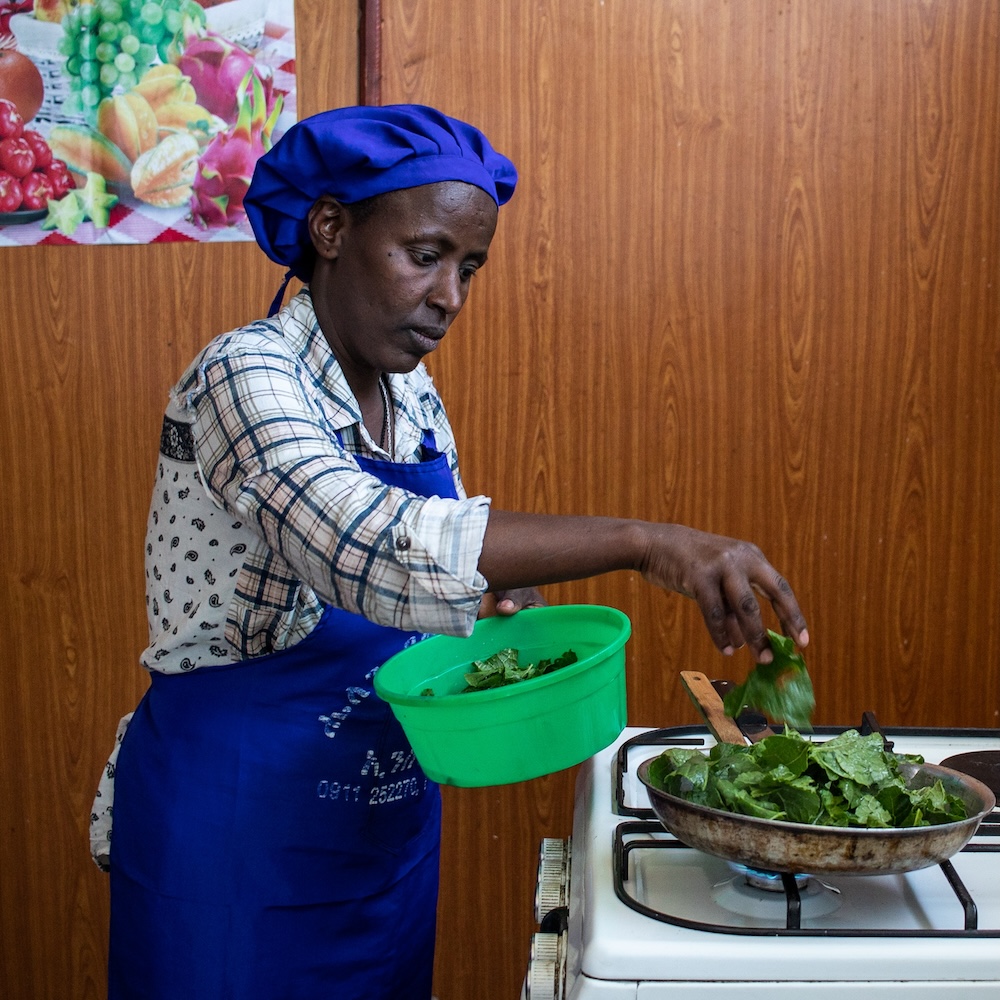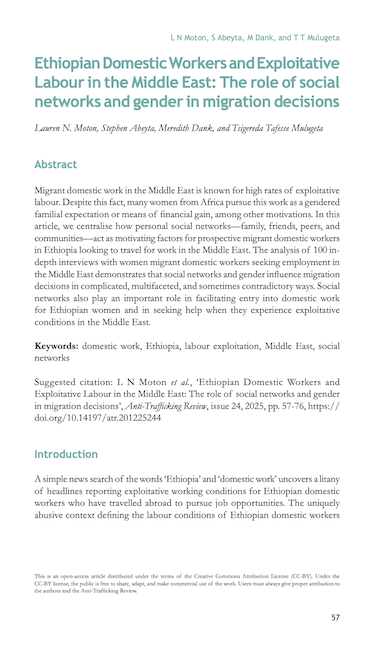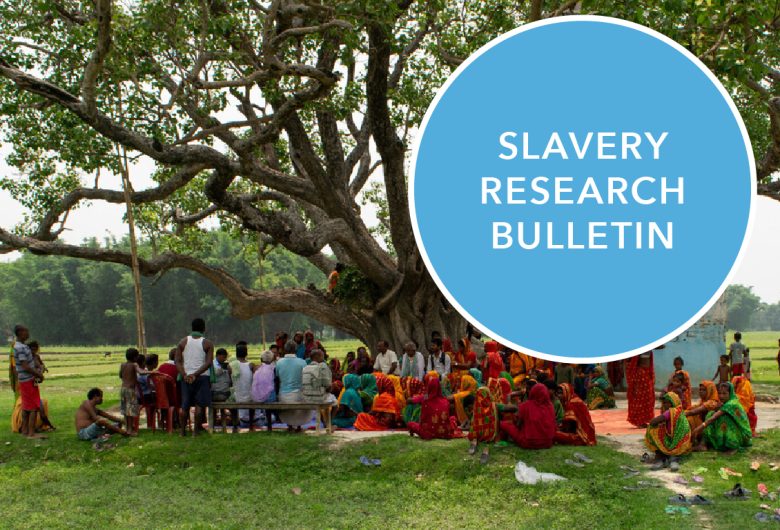Domestic work in the Middle East has long been associated with high rates of exploitation and abuse. Yet, for many Ethiopian women, the decision to migrate isn’t simply about ignoring the risks, it’s about navigating a complex mix of family expectations, financial need, and community influence.
A new study published in the Anti-Trafficking Review, led by New York University and funded by The Freedom Fund, explores how personal social networks — family, friends, peers, and wider communities — play a powerful role in shaping migration decisions. Drawing on 100 in-depth interviews with Ethiopian women seeking domestic work in the Middle East, we uncover how these networks can both inspire and pressure women to leave. They often help secure jobs and provide vital support when conditions turn exploitative, but they can also reinforce gendered expectations that push women into precarious work.
The findings reveal that migration decisions are rarely straightforward. Instead, they are deeply rooted in a web of social ties and cultural norms that can both empower and endanger women.
For more, read the full paper in the Anti-Trafficking Review.




